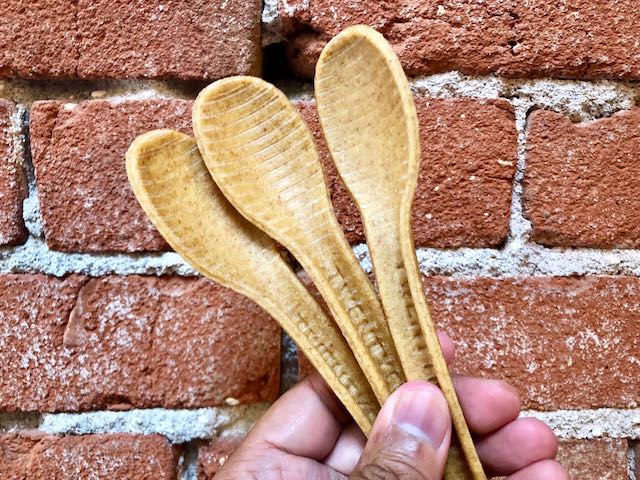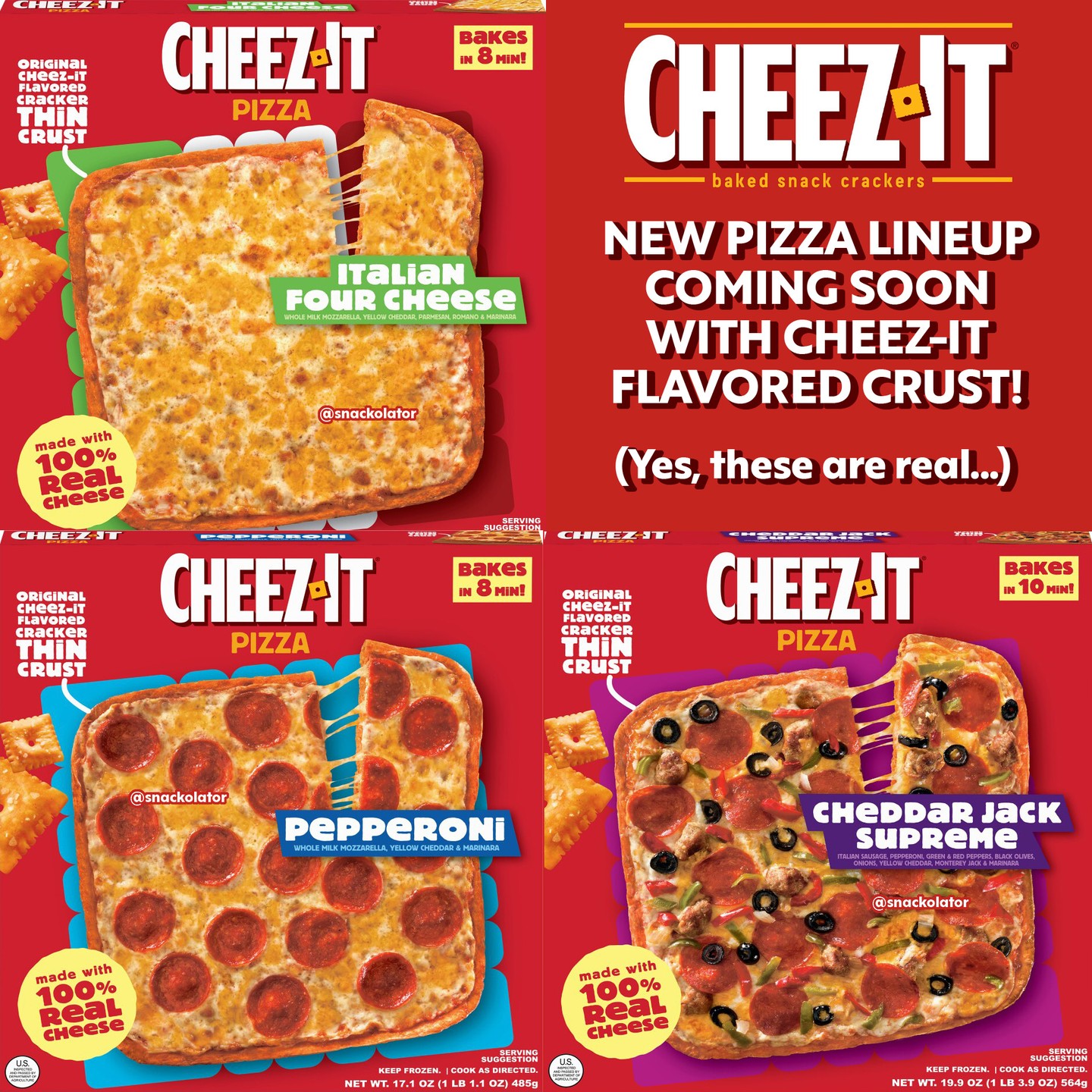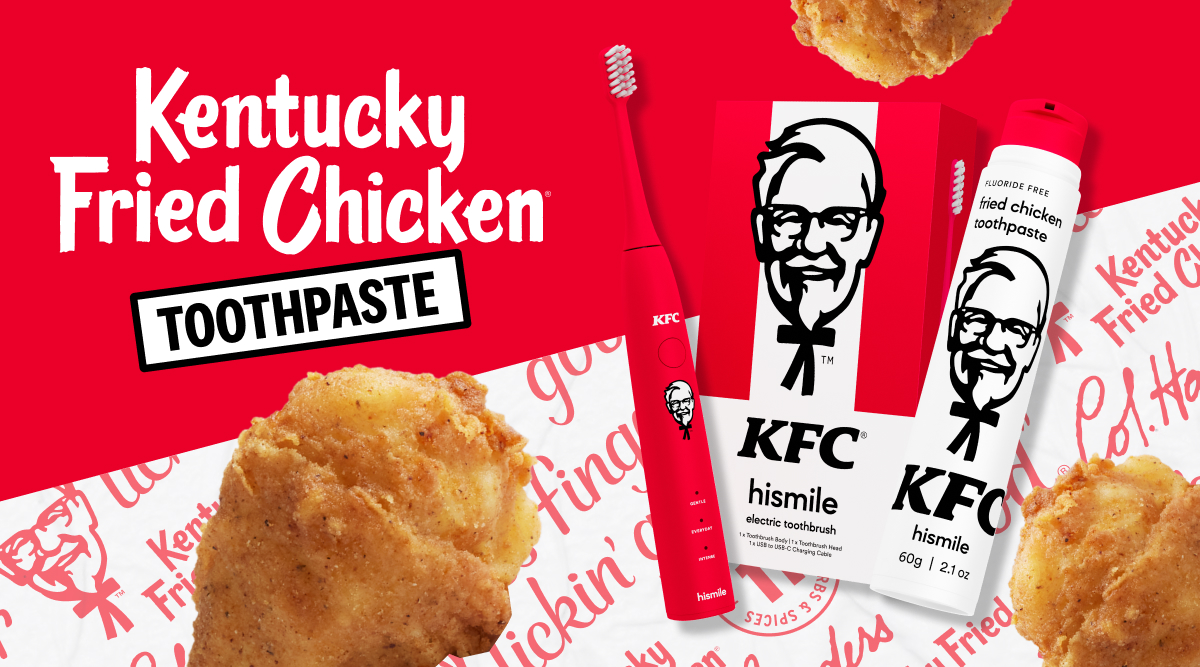Could These Spoons Made of Grains Be the Utensil of the Future?

It seems like every week the environmental apocalypse draws closer. New tweets and studies pop up everyday spelling out our doom in great detail. One of these states that by 2050 the population will balloon to 10 billion and the amount of plastic in the ocean will outnumber the fish, which means that, basically, we need to almost entirely stop using plastic — especially that of the single-use variety. One of the largest contributors to single-use plastics are utensils, which TwentyFifty are here to help eradicate with their biodegradable utensils.
The utensils, which have the texture and look of an abnormally thick graham cracker, are made with a combination of wheat flour, soy flour, corn flour, and water. This simple mixture, somehow, results in utensils just as strong and durable as their plastic counterparts, according to the package. However, these spoons and forks can be planted in the soil, where they’ll be composted in around 10 days.
This is genuinely great. But, I remained skeptical of their usability. So, I took the package of spoons we had laying around the Foodbeast office, and put them to the test the only way I knew how: with a nutritious bowl of cereal.

For reference, my bowl of choice was Life — because it’s the only cereal we had in the office that wasn’t something like Maple Bacon Honey Bunches of Oats — steeped in almond milk from Starbucks, because my passion for utensil integrity is big enough to spend $3 on a small cup of almond milk.
The spoon held up well under the wet conditions. At no point did it feel like it had grown soggy, which was my main concern with a spoon made entirely of grains. I even let it marinate in the cereal milk for an hour, and it didn’t lose an ounce of strength. Functionally, it works like any spoon. I do wish it was a bit deeper, so I could fit more liquid in one bite. But, hey, sustainability beggars can’t be choosers.
Naturally, my next question was, “Well, can I eat the spoon too?” TwentyFifty’s website claims they’re “nearly edible,” and I’m here to tell you that this does, in fact, mean nearly edible. I almost broke my tooth trying to bite into a dry spoon, so I can’t say I’d recommend counting on these as a nice post-meal snack anytime soon.
The next problem to tackle is cost and availability. Right now, the utensils are largely only cheap once they’re in bulk. A package of 24 spoons will run you around $17 and are only available online at twentyfiftyfork.com. This makes it a hard bargain to drive when your local Walmart sells bulk plastic spoons for the same price. It makes sense that the biodegradable spoons are more expensive to use, but economics are economics when it gets down to it for your average supermarket consumer.
All in all, though, I was thoroughly impressed by these utensils. And so were many others, seeing as the invention won a Nexty Award. Once the brand gets their price point down and distribution up, TwentyFifty could (and hopefully) be the spoon of the future.






















